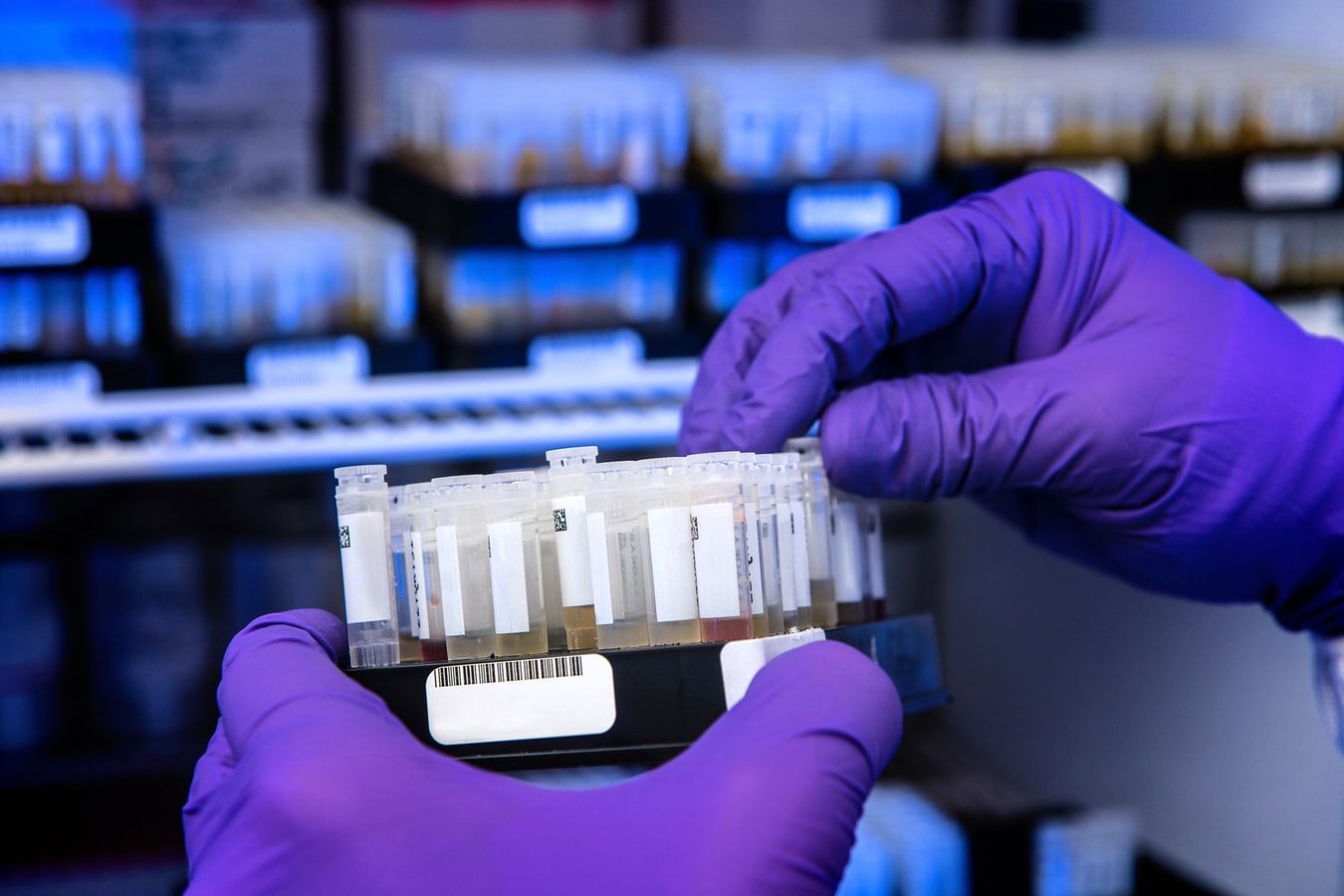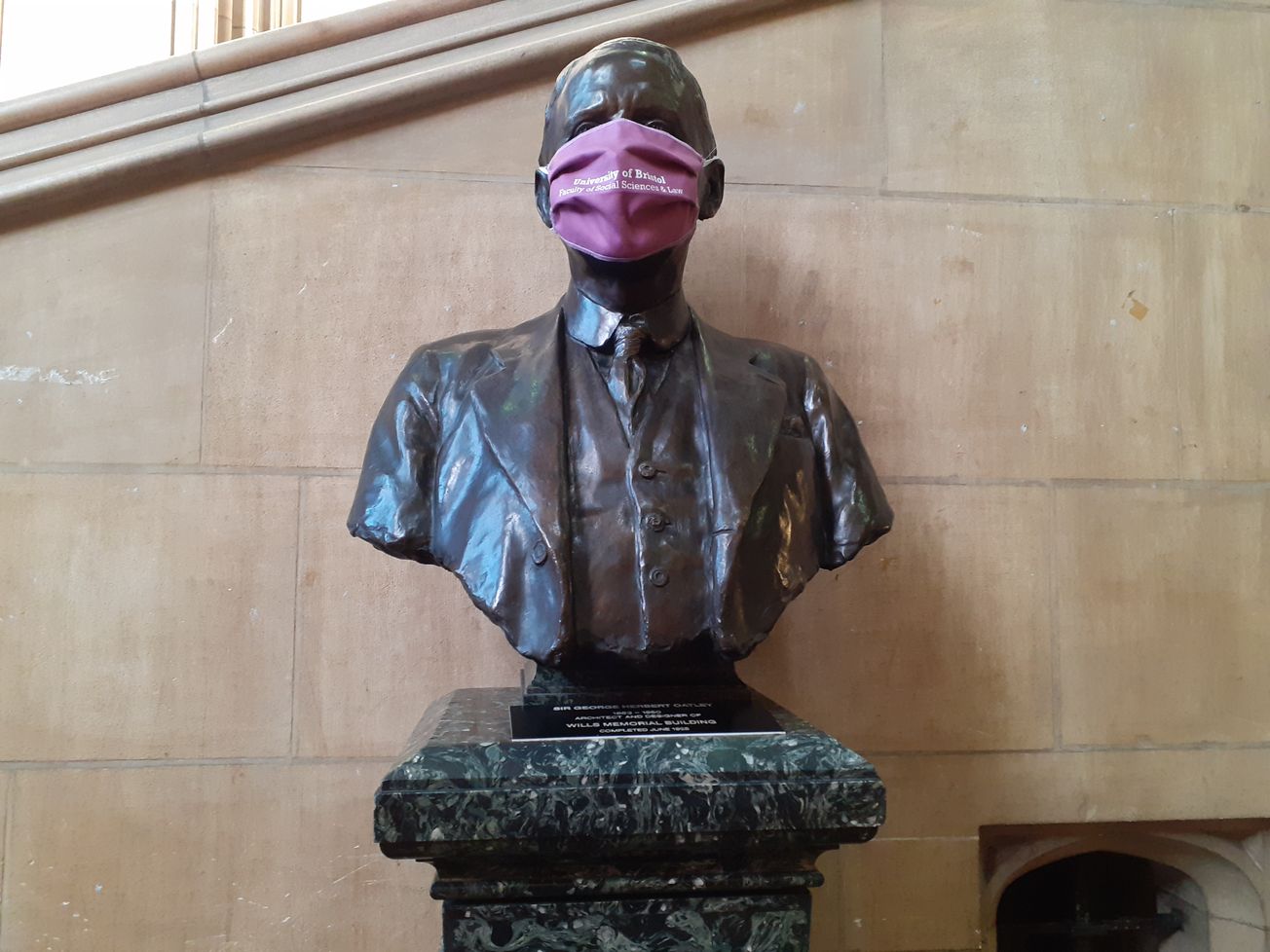By Keira Brennan, Third Year, Biomedical Sciences
An upcoming antibody testing study on the Bristol population aims to improve our understanding of the previous second wave of COVID-19 infections. The results will aid future public health and governmental decisions on COVID-19 response policies.
The Children of the 90s project is a long-term health study of the Bristol population, based at the University of Bristol. Its latest research is focusing on gaining knowledge on the nature of the second wave of COVID-19 in the UK using at-home antibody tests.
The study aims to identify more accurate infection rates in Bristol by considering asymptomatic cases, which may have previously been unaccounted for. The data will also contribute to a larger national study investigating the second wave across multiple UK cities, in order to refine current guidelines and prevent a third, worse wave.

In 1991 and 1992, The Children of the 90s project enrolled over 14,000 pregnant women in the Bristol area. Data about the women and their children has been collected over time as part of numerous health and developmental studies. 9,000 participants have already completed COVID-19 questionnaires and will be invited to take part in this antibody testing study. Participants can be involved even if they have previously had an antibody test or have received a vaccine.
This is the second antibody testing study to be conducted by Children of the 90s. Participants will complete an at-home antibody testing kit and the samples will be sent to a laboratory to be tested for the presence of SARS-CoV-2 (the virus that causes COVID-19) antibodies. The presence of SARS-CoV-2 antibodies in the sample would indicate that the participant had COVID-19 in the past.
This will allow a more accurate calculation of infection rates during the course of the second wave
In order to identify the proportion of asymptomatic cases, the laboratory results will be compared to symptom data from the participant’s previously answered questionnaires. This will allow a more accurate calculation of infection rates during the course of the second wave, which may better prepare the country for any possible future waves.
The principal investigator of Children of the 90s, Professor Nic Timpson, said: ‘It's thanks to our participants that researchers have been able to make a valuable contribution to science and the fight against COVID-19. However, there is still much to learn about the virus, and we would like to call on our participants again to take part in this antibody study, even if they have taken one before or have been vaccinated.
By taking part, participants will be contributing to an important national research study that will make a huge difference to our understanding of both the virus and the impact of the pandemic.’
Bristolian children of Black, Asian and ethnic minorities needed for new study on how immune systems respond to COVID-19
Kent COVID variant has a much higher mortality rate and poses ‘a threat that should be taken seriously’
The COVID-19 focused research of the Children of the 90s study also aims to increase our knowledge of long COVID (i.e., the potential long-term impacts of the virus on the body). It will additionally help to define immune responses to both the vaccines and viral infection in more detail. Furthermore, the results will allow the impact of COVID-19 on different groups, such as minority ethnic groups and socioeconomic groups, to be assessed.
This research will help guide policy decisions surrounding the battle against COVID-19 and deepen our scientific knowledge of the virus and illnesses it causes.
Featured Image: Unsplash / Annie Spratt
Do you know of anyone who is part of the Children of the 90's study who could participate?









